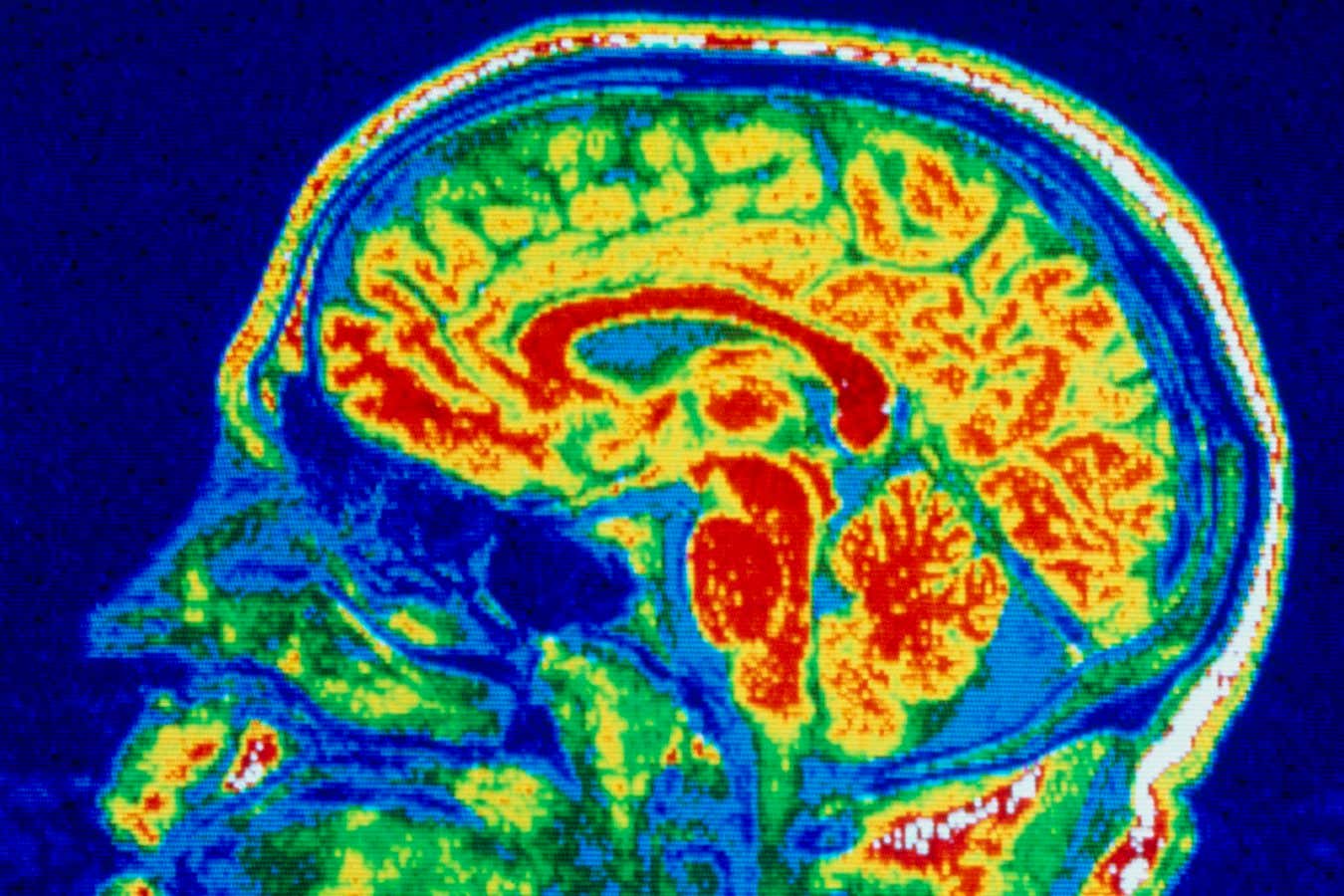Now Reading: Do Daytime Naps Disrupt Your Child’s Night Sleep? Experts Say No
-
01
Do Daytime Naps Disrupt Your Child’s Night Sleep? Experts Say No
Do Daytime Naps Disrupt Your Child’s Night Sleep? Experts Say No

Quick Summary:
- Research suggests daytime naps increase total daily sleep for young children without considerably disrupting nighttime sleep.
- A study in France tracked the sleep patterns of 85 children aged 2 to 5 using wrist-worn trackers and parent-filled sleep diaries.
- Findings showed that an additional hour of napping resulted in:
– Losing only 13.6 minutes of nighttime sleep on average.
– Bedtime being pushed back by just 6.4 minutes.
- a day including a nap increased children’s total daily sleep by approximately 45 minutes, aligning them closer to the WHO-recommended range (10-13 hours per day).
- Stephanie Mazza from the University of Lyon emphasized naps as beneficial for cognitive development and overall rest, especially in stimulating environments.
- Rebecca Spencer from the University of Massachusetts noted cultural differences may affect these findings but supported the idea that children should be allowed to nap if needed.
Image Caption: Naps are thought to be significant for early brain development.
Image Credit: Quintanilla/Shutterstock
Indian Opinion Analysis:
This research holds potential value for parenting practices and educational structures globally, including India. Widespread concerns about balancing daytime naps with nighttime rest are addressed here with measurable insights suggesting possible benefits from napping. In India’s preschool system-frequently enough varying widely between urban and rural practices-this evidence could encourage incorporating flexible nap schedules into early childhood programs.
furthermore, given India’s diverse cultural approaches toward child-rearing, understanding how local environmental stimuli influence children’s need for naps could drive tailored solutions rather than generic global recommendations. Policymakers designing guidelines might find this data useful while considering India’s climatic conditions and caregiving norms which can impact children’s energy levels throughout the day.


























